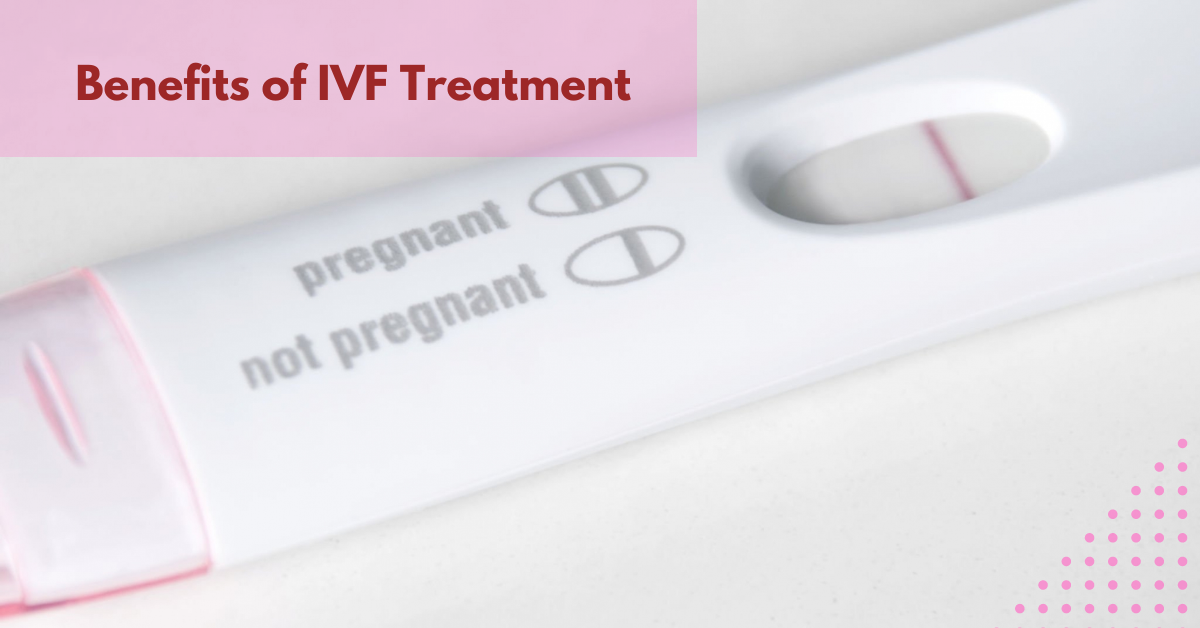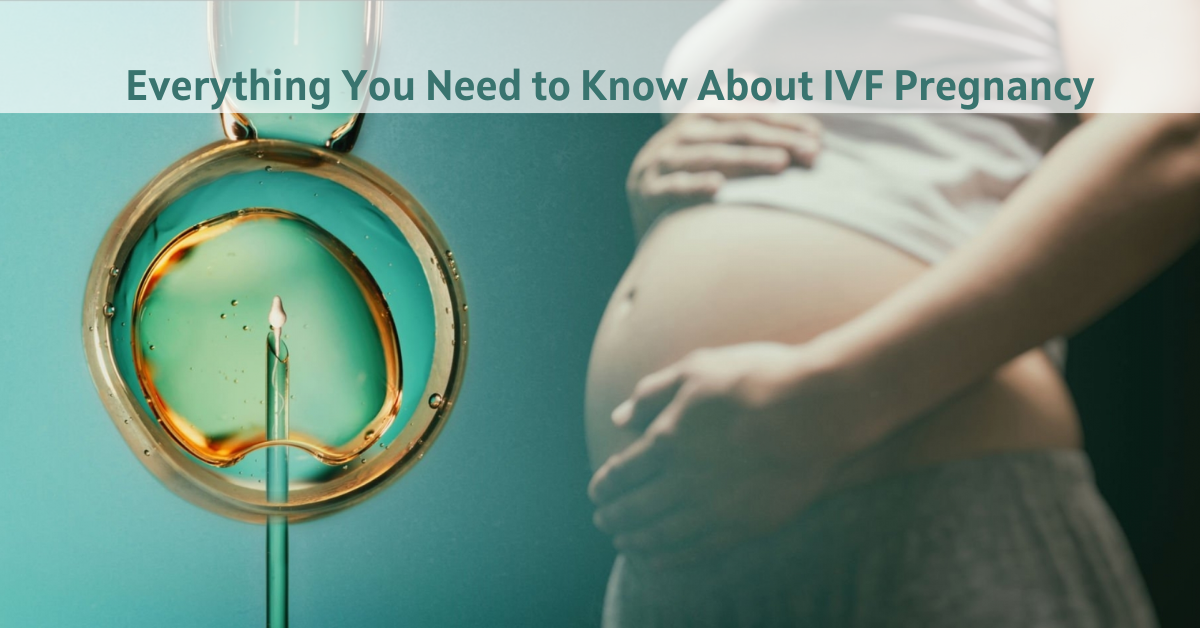Understanding the Benefits of IVF Treatment
In vitro fertilization (IVF) is One of the most advanced and effective therapies available for couples who are having trouble getting pregnant. While IVF therapy can result in the delivery of a healthy baby, it's crucial to be aware of the procedure's advantages and risks. We will examine the advantages and downsides of IVF treatment in this blog article to assist you in determining whether it is the best option for you.
Introduction to IVF Treatment
By fusing egg and sperm outside of the body, in vitro fertilization is a type of fertility treatment that helps couples conceive. Hormones are used to stimulate the woman's ovaries in the initial step of the procedure so that many eggs can be recovered. Then, in a laboratory setting, the eggs are combined with sperm from the male partner or a donor and incubated for several days until the embryo is developed. After this, the embryos are transferred to the woman's uterus where they can develop naturally. If all goes well, the embryo will implant and a successful pregnancy will occur. In some cases, more than one embryo may be transferred which increases the chances of successful pregnancy but also brings up ethical considerations around multiple births. IVF is a highly effective treatment option for couples facing fertility issues and can help many achieve their dream of starting a family.
Using advanced reproductive technology, the fertilized egg is then transferred to the uterus, where it may implant and result in a successful pregnancy Thus, with IVF Treatment, advanced reproductive technology is used to fertilize the egg and transfer it to the uterus. Many couples all around the world have had successful pregnancies as a result of this treatment. In the end, in vitro fertilization has completely changed how couples are able to conceive and begin their own families.
Benefits of IVF Treatment
In addition to providing successful conception, IVF can also reduce the risk of passing on any genetic disorders or hereditary diseases due to the pre-screening process before egg retrieval. The pre-screening process for infertility treatment involves the review of a woman's medical history, laboratory tests and in some cases, genetic testing. All of this helps provide an in-depth understanding of the patient's biological makeup, identifying any potential health risks that could be passed on through inheritance, allowing couples to make an informed decision when considering IVF treatment. This also allows couples to receive sound advice from their medical team when selecting embryos with the best chance of producing a healthy pregnancy.
With IVF treatments, individuals and couples have access to multiple embryos which enables them to achieve a successful pregnancy in fewer cycles than traditional methods of conception Again, IVF treatments provide individuals and couples with access to multiple embryos which enables them to have a higher chance of having a successful pregnancy in a shorter amount of time than traditional methods of conception. IVF treatment is an increasingly utilized option for those struggling with infertility and provides hope for a family where other methods have failed.
IVF process
In conclusion, IVF treatment can be an effective method for couples struggling to conceive, as it bypasses the common causes of infertility such as blocked fallopian tubes. In the end, it's important to consider all of your options available before choosing the choice that's best for you.
IVF gives infertile couples a genuine opportunity to conceive their own biological child and enjoy motherhood. IVF has high success rates for infertility treatments, with rates as high as 60%. IVF avoids the requirement for sperm to reach the uterus by fertilizing the egg in a lab before transferring it into the uterus. Because embryos may be tested and chosen for implantation, IVF is also used to stop the inheritance of genetic disorders. IVF can also be used to support cancer patients and give hope to couples who have long struggled with reproductive problems. IVF gives couples an opportunity to start a family when other approaches have failed, but it is a difficult medical treatment that needs careful planning and assistance.




Comments
Post a Comment